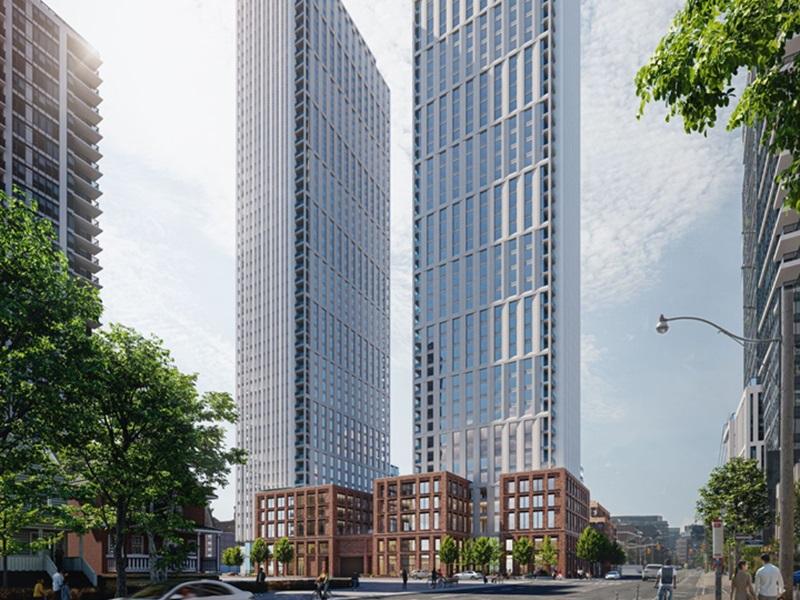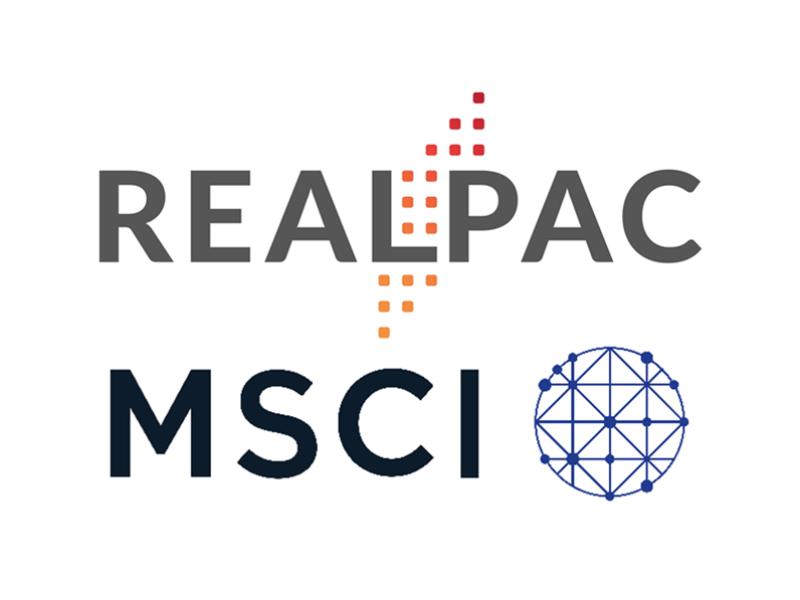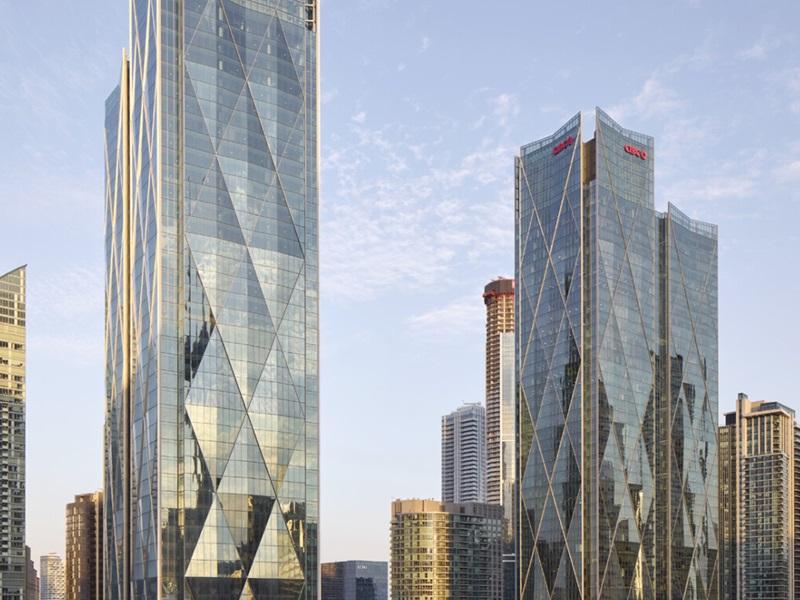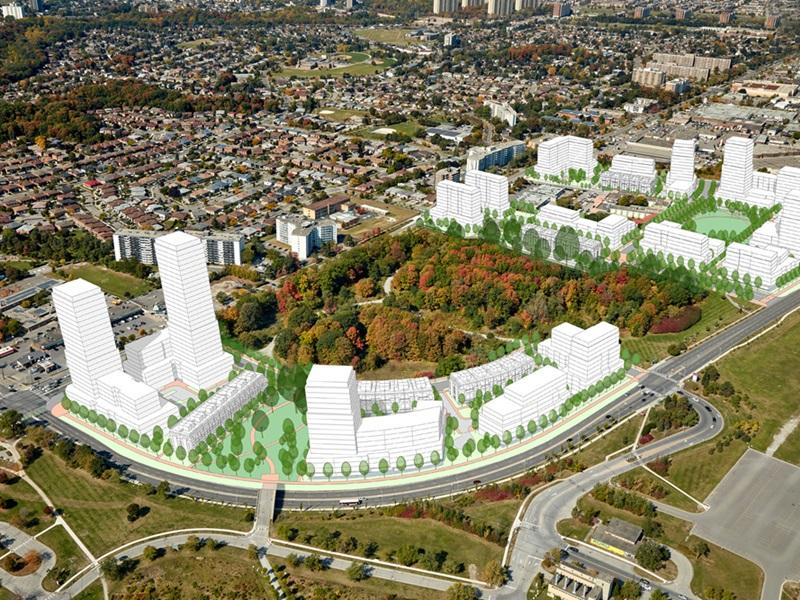
The Toronto District School Board (TDSB) has endorsed a multi-year strategic plan set out by the Toronto Lands Corporation (TLC), its wholly owned subsidiary and exclusive real estate services provider.
The Pathway to Foundational Schools in Our Communities plan covers the years 2025 to 2029 and redefines how TLC will manage TDSB’s real estate portfolio, which includes more than 600 properties encompassing more than 5,000 acres.
“This is just the beginning of what I hope will be a fundamentally different way of delivering city-building, including schools for Toronto, and will offer significant opportunities for everybody involved, whether it's residents or users,” TLC chief executive officer Ryan Glenn told RENX.
That includes developers, which could gain access to some prime properties for future housing projects via potential partnerships or sales.
TLC is dedicated to unlocking the untapped potential of the TDSB portfolio — ensuring that educational facilities are accessible to all students, staff and families, while also collaborating to build communities.
With its school buildings now averaging over 60 years old and a near-$4.5 billion backlog in necessary repairs across the system, the need for modernized schools is imperative.
Collaborative solutions are needed
Innovative and collaborative solutions are essential and TLC is seeking to forge partnerships with government agencies, non-profit organizations and the communities they serve.
This could result in the provision of childcare and long-term care facilities, market-rate and affordable housing, community centres, libraries and cultural hubs.
“Meeting provincial priorities with things like affordable housing and long-term care are things that will likely provide more opportunities for success for the TDSB than if we were just going ahead and saying we're going to build a new school or replace an existing school with a stand-alone facility,” Glenn explained.
“What we want to do is increase the scope of the experience for the residents and really maximize the utility of these real estate assets.”
Agreement with City of Toronto
Toronto council recently entered a memorandum of understanding (MOU) with TDSB and TLC for potential development of eight TDSB properties which could create 10,000 new rental homes - including approximately 2,100 affordable units.
“We would be open to providing them land in order for them to be able to to meet the objectives of the city and, as a quid pro quo, there would be waiving of development charges, planning application fees and property taxes for the developments,” Glenn said.
“That saves us and also expedites the development process for our sites so they’re treated like they were city-owned sites - an expeditiousness that we ultimately wouldn't have seen if we were going at it alone. It's a situation where one plus one equals three for the public.”
The initial eight TDSB properties chosen for the program were identified by TLC’s independent 10-member board of directors as sites where new schools are needed, existing schools could be redeveloped, or are no longer required by the TDSB.
“There's a level of comfort to go forward with something bigger and broader on these sites,” Glenn explained. “This MOU would potentially apply to other sites as well as we bring them into our development pipeline.”
Some projects could involve the construction of a new school with housing built above it.
In addition to providing affordable rental housing, Glenn would also like to see the development of workforce housing as a way of attracting and retaining TDSB staff.
Assessing and classifying existing buildings
The TDSB has hired a senior staff member to assess and classify buildings in its portfolio and identify opportunities for modernization, while TLC is providing support from a real estate land-use planning perspective. A report with recommendations is anticipated late this year or early next year.
Surplus TDSB properties could be disposed of through:
- straight-up fee-simple sales;
- long-term land leases with developers;
- selling part of a site to a developer in exchange for the construction of a school;
- or the sale of a stratified interest to a developer.
“What we don't want to do is pre-emptively dispose of sites for a quick sale, but then find out five, 10 or 15 years down the road that we actually needed them,” Glenn noted.
“We're being very deliberate and strategic in the work that we're doing up front now with the TDSB to ensure sites that we're going to move forward on with a fee-simple disposition are ones we're highly confident that we won't need in the future.”
As part of that deliberation, some non-operating TDSB schools are being leased - in whole or in part - to private schools, film and television studios, community groups, the City of Toronto and others. Some are leased for market rents while not-for-profit groups are charged less.
More schools needed in high-growth areas
Conversely, Glenn said more schools will be needed in high-growth areas including Scarborough’s Golden Mile and Scarborough City Centre neighbourhoods, as well as Downsview in the northern part of Toronto. TLC and CreateTO just issued a request for proposal for a potential new school at 705 Progress Ave. in Scarborough.
“In most cases, as we expand this collective public use of land, there are opportunities to collaborate with other public sector landowners in order for us to utilize public spaces to deliver not only new schools but everything else that we need as well,” Glenn said.
“We're very conscious of our ability to minimize the overall cost to the TDSB and the province, which funds our schools, while maximizing the earn for the public.
“If we follow those principles, we can achieve some novel and remarkable outcomes for the residents of the city of Toronto and the students and faculty that go to our schools.”










